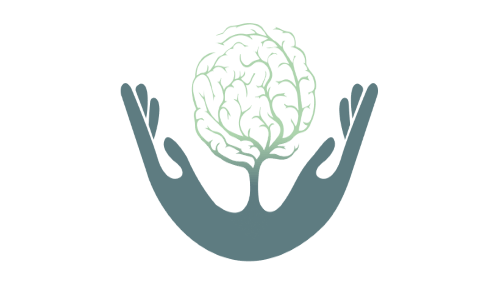
Bullying and Cyberbullying Interventions
Open to access this content

Open to access this content

Open to access this content

Open to access this content

Open to access this content